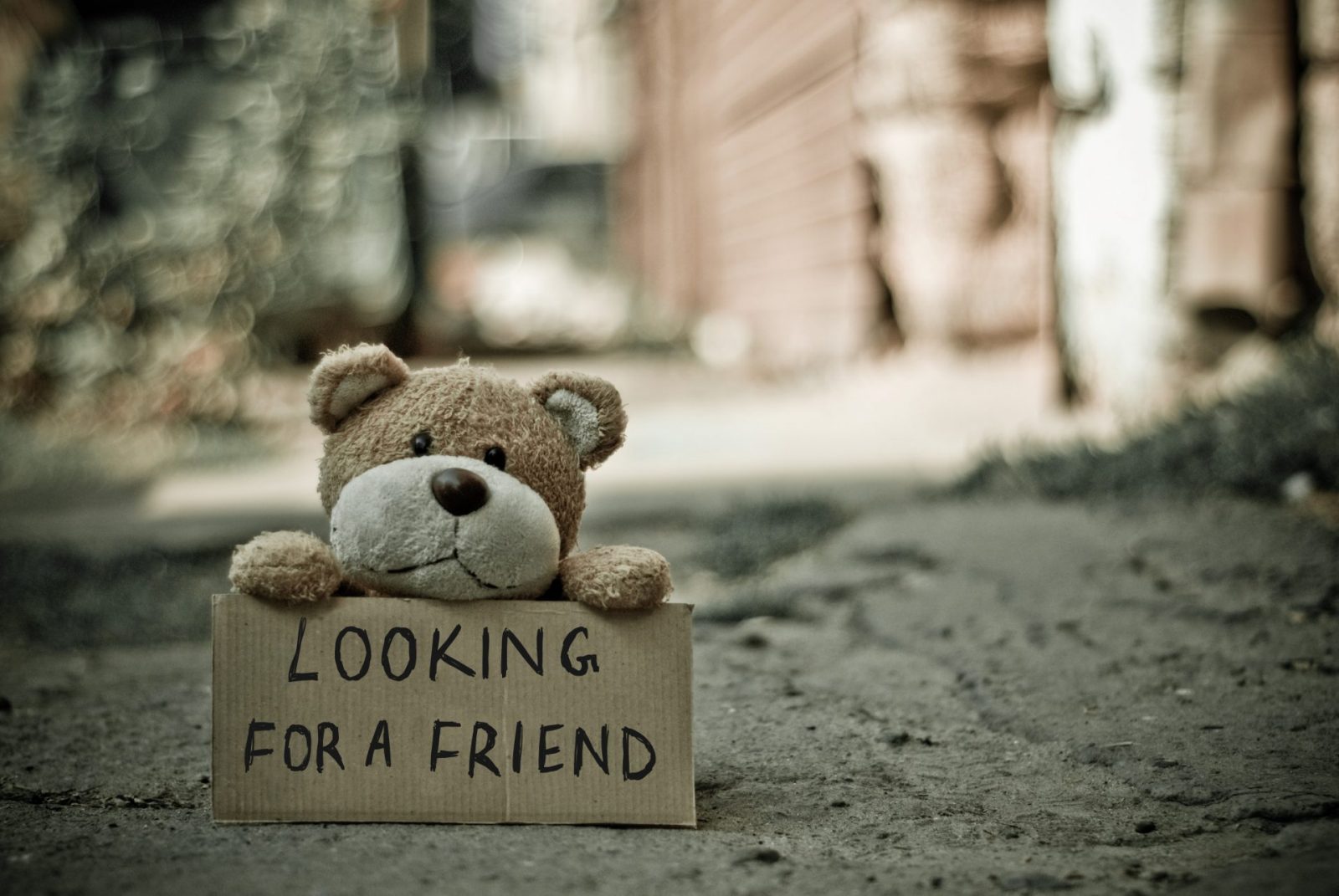An emerging challenge with lock down during this pandemic is dealing with being lonely. Loneliness can occur with or without other people around you, and it can have serious health consequences. For example, a study showed that lack of social contact equates to smoking 15 cigarettes per day, and another demonstrated a 26 percent higher risk of early death. Social isolation can cause mental illness, suicide, poor health behaviours, smoking, inactivity, poor sleep, high blood pressure and poorer immunity. Even before Covid-19, loneliness represented as significant a health issue as obesity or air pollution.
An Australian survey showed that a quarter of us feel lonely and 50% of us feel lonely for at least a day each week. Whilst 24% of Australian households live alone (and 71% are families), being by yourself and not being in a relationship are the main risk factors. There is a gender bias with recently separated men being 13 times more likely to develop loneliness than married men, whereas separated women are twice as likely to develop loneliness compared with married women. Single parent families are also more social isolation than couples, with or without kids. Other risk factors include unemployment and financial distress.
An interesting finding from a study showed that loneliness can be passed on, for up to 3 degrees of separation. So it’s literally contagious.
To tackle loneliness, consider the following actions to help yourself, your family or friends:
- Having paid work, even if nominal
- Caring for others
- Participating in hobbies or clubs where there is social interaction
- Volunteering
- Owning a pet (60% less lonely)
- Being in a relationship, especially for men
- Adopt a positive attitude
- Visit elderly neighbours or relatives
- Hold dinner parties, even if virtual
- Eat lunch with co-workers
- Make an effort to meet someone new each week
Take care during this time we’re all stuck at home, and think of those who may be alone, and therefore who may be lonely.
References:
- https://www.nytimes.com/2020/04/20/smarter-living/how-to-manage-your-loneliness.html
- https://www.aihw.gov.au/reports/australias-welfare/social-isolation-and-loneliness
- https://psychweek.org.au/2018-archive/loneliness-study/
- https://theconversation.com/loneliness-is-a-health-issue-and-needs-targeted-solutions-96262
